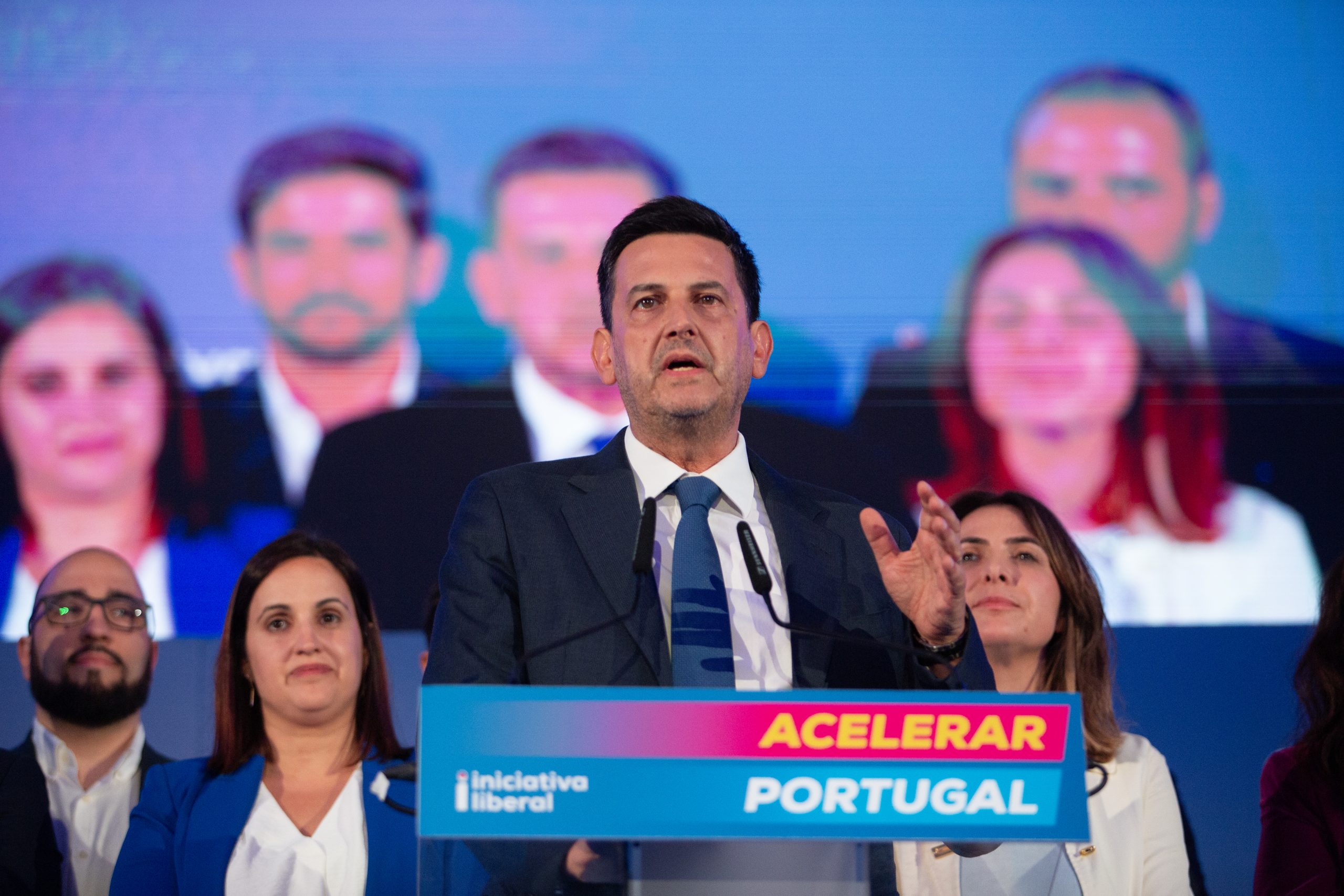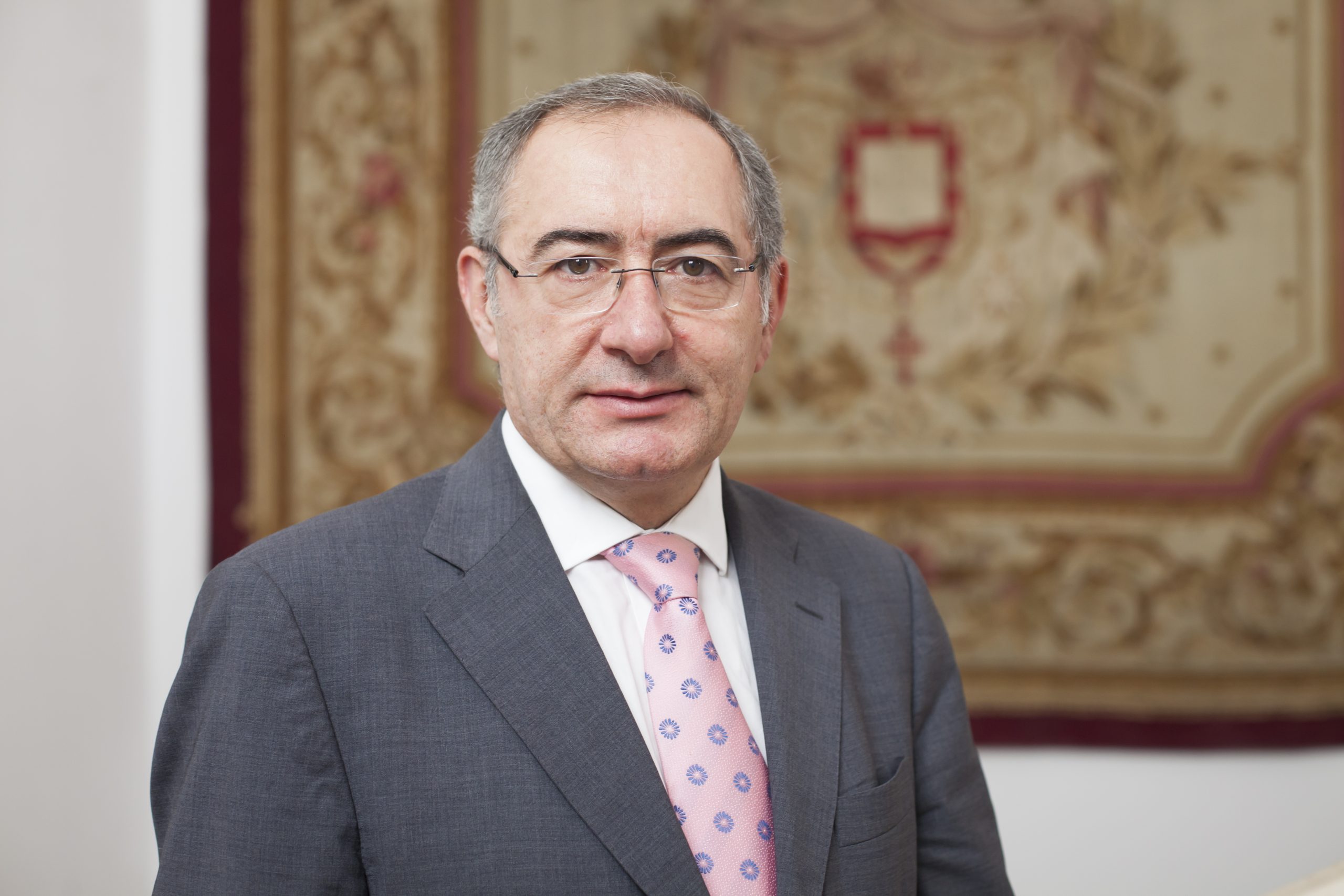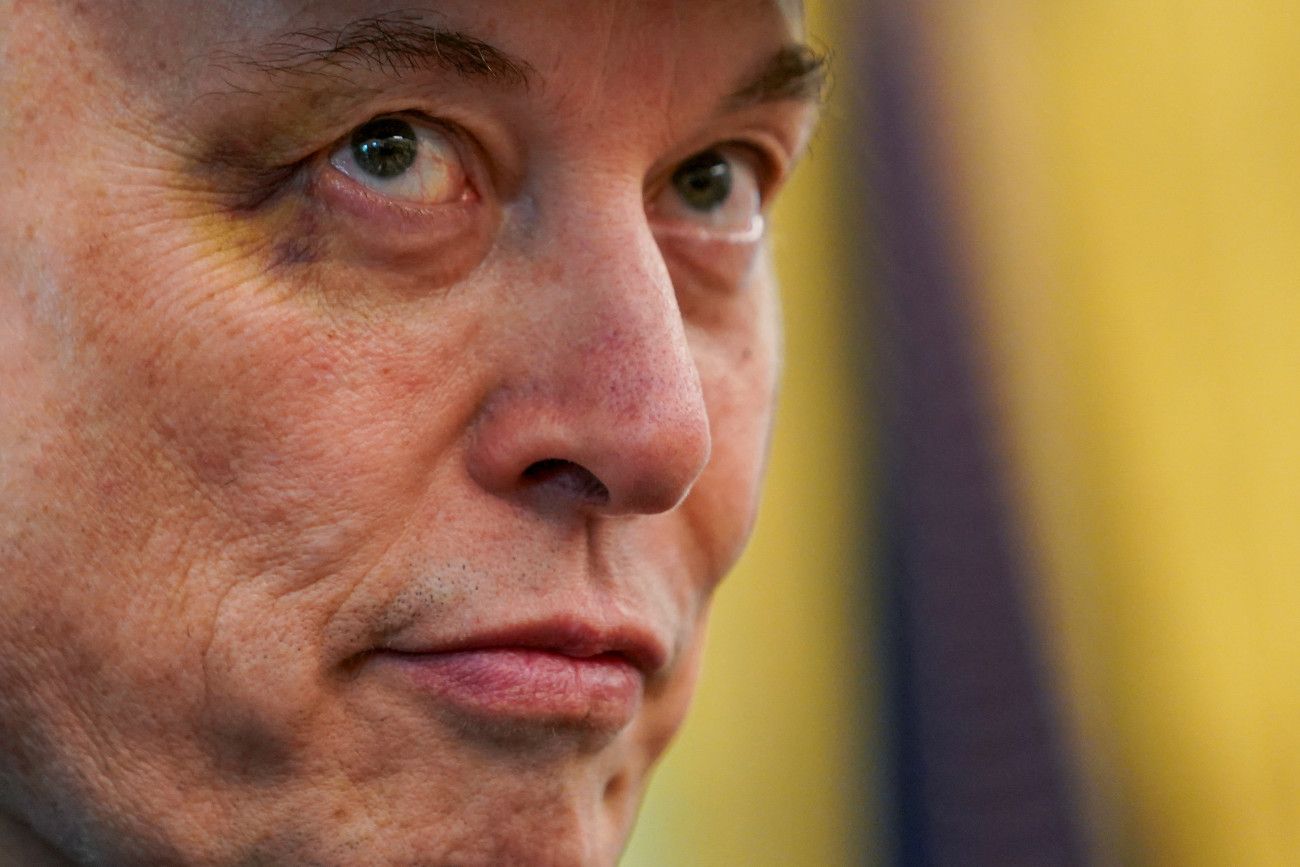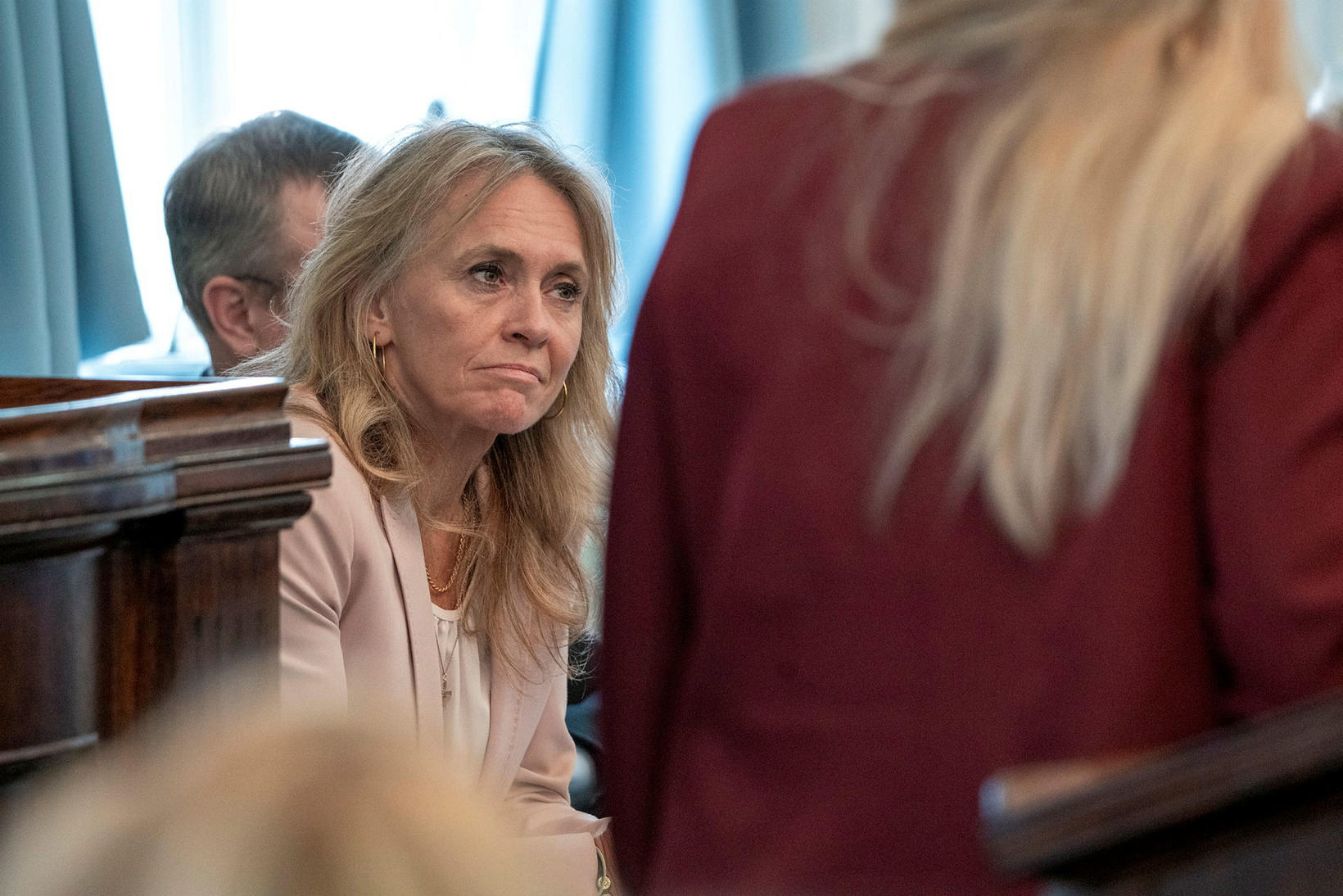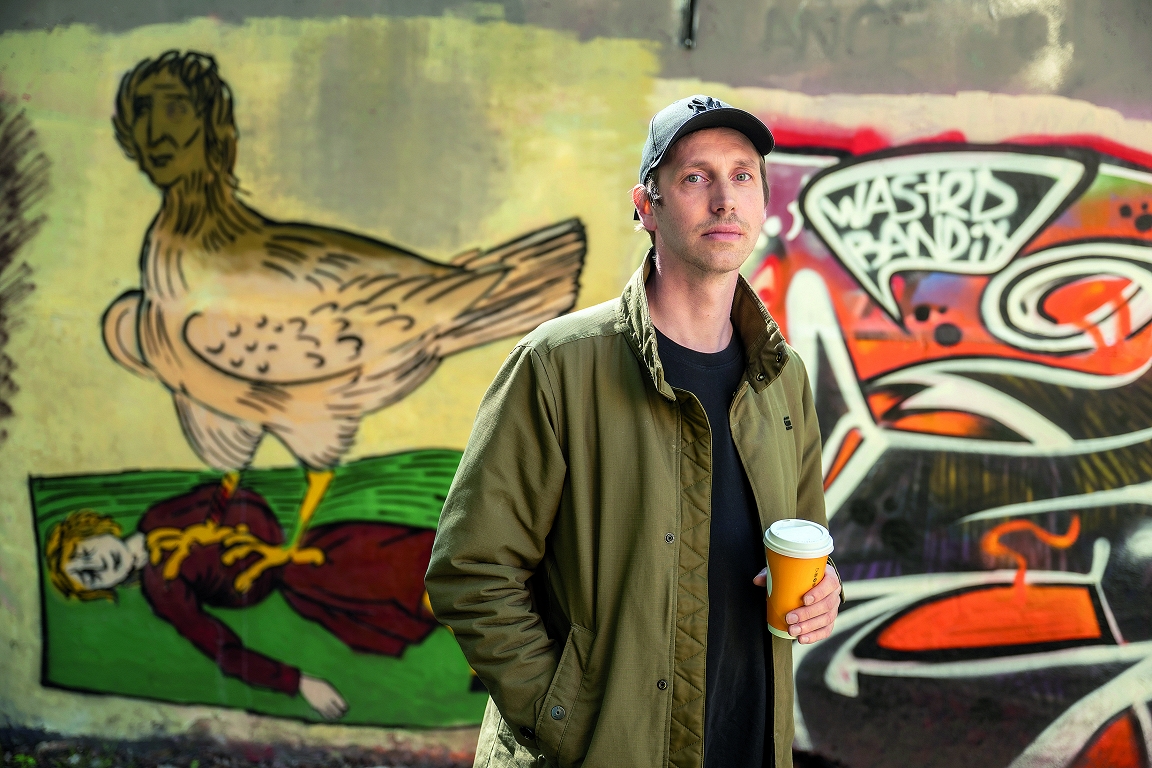PORTUGAL FAIR AND EXCELLENCE
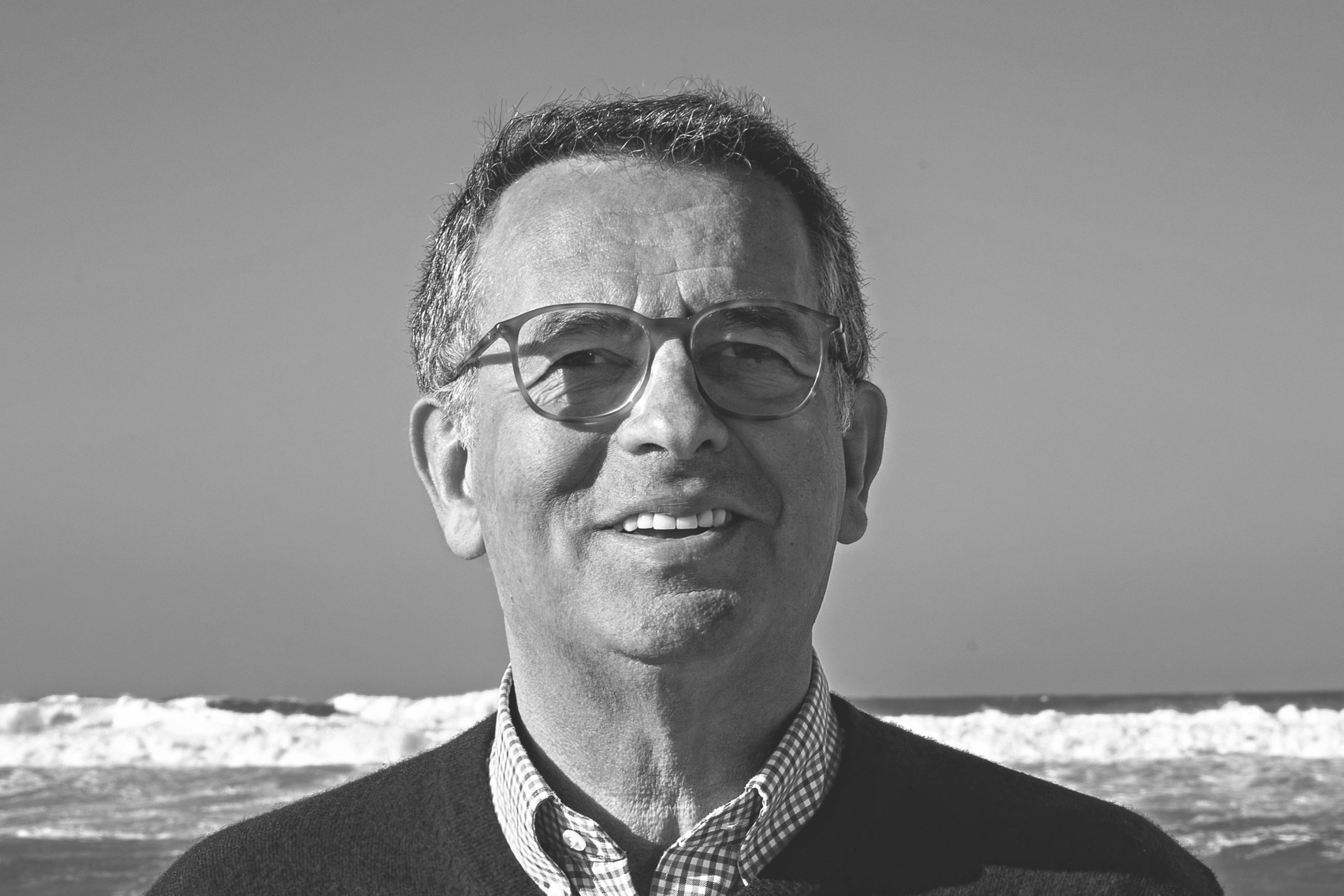
It has spent 50 years over April 25, 1974. In these five decades, history will record four historical landmarks: decolonization (the last great empire to do so); Democracy (the first of the third democratic vacancy), development (which, among other consequences, built the social state) and adherence to the European Union and the euro (providing large volumes of investment and participation in relevant political decisions).
Despite the very much we have achieved and the undeniable progress we made, we must recognize that:
– There are serious problems that have not been solved: for example, poverty (the country remains almost two million poor);
– There are structural problems that persist: insufficient economic growth, with a negative impact on the wages and pensions of the Portuguese, as well as the proper financing of the social state;
– And there are problems that we thought extinct, but they returned: emigration, with the aggravation of carrying young people and talents;
In the latest years, I never tire of repeating, I feel the state opening slits; Society to go down; Democracy to lose quality.
The recent crisis is not just politics. It is deeper: it is a crisis of the regime that does not generate enough economic resources, it has ceased to oil social lifts and take care of social security networks, matrix pillars of our social contract and our progress.
The conclusion is obvious: we have to stop being a country satisfied with the minimum: the minimum wage, the minimum income, to become a country of excellence.
We need a new ambition for Portugal!
Portugal has done a lot, but now it urgently needs to make the missing qualitative leap. The fifth historical framework of our republic.
A qualitative leap that puts Portugal in the forefront of Europe’s most developed countries, creating more wealth, generating development and social prosperity, providing more income (salaries, pensions,…).
To give this impulse we need to overcome ourselves collectively, to be better, desirably, excellent and well organized.
Portugal needs to reinvent itself to reach a level of excellence, to fix and attract talent, in particular younger generations.
Diagnoses exist. The reports abound. The ideas are not lacking. It is urgent to give them a meaning, to set priorities, to associate a strategy, to set goals, and to assume a purpose: a fair Portugal that promotes excellence.
I share five goals and, now I warn, do not save in ambition:
1. Empower the country
2. Look at the Portuguese territory with another ambition – the land and the sea
3. Rejuvenate the Portuguese population
4. Reduce inequalities
5. Create a new political culture
1. Empower the country
In recent decades, we have made a collective effort and invest (state and families) in the formation of our young people. But we are unable to create opportunities to apply their knowledge and competences in Portugal, as evidenced by the youth unemployment rate (almost triple the global unemployment) and the number of emigrated young people or who intend to emigrate after completing their academic background. We must continue to form young people, but we must also enable the country.
We need a state that does not complicate the lives of our entrepreneurs (less bureaucracy and less state dependence); To increase the size of our companies (the economy is global, not local) and a technological program centered on innovation and competitiveness.
Strategic public investment is important, reconciling priorities with private investment to achieve better results. Creating wealth is a priority and it is absolutely indispensable that it is achieved without dependencies of community funds. Investment financing and decreased energy dependence are crucial to the growth of our economy, particularly in the face of the new worldwide disorder we witness.
The idea of a technological program implies a vision and agenda that transversely articulate public policies and synchronize them dynamically with social and private sector initiatives; the elaboration of an exhaustive program of requalification of technological competences in public administration, with particular emphasis on the incorporation of AI in proceedings, decision making and access to essential services and goods; And the spread of people centered on people, bureaucracy, civic participation, requalification and collective efficiency involving companies, organizations, schools, families.
2. Look at the Portuguese territory with another ambition – the land and the sea
Some speak of a small, poor and peripheral Portugal. I prefer to look at Portugal as a large resource country to explore (human and oceanic), large (Portugal have more maritime area than land area, with an exclusive economic zone of 1.7 million km2, which equals the country’s total terrestrial area, being the third largest EU, and may extend, in case of approval by the United Nations, to 3.8 million km-around 40 times the continental area-becoming the tenth largest in the world) and central in transatlantic and Europe-Africa (commercial and technological) relations, namely the anchor of fiber optic cables. We must know our ocean so that we can benefit from its fauna and flora and invest in new business solutions that project future economies. We have no resources to do everything at once, but we should start as soon as possible, with strategy and intelligence.
3. Rejuvenate the Portuguese population
The numbers and the impact on social policies, health and social security are known. An aging population structure, with an index of renewal of the active age population of less than 100, verifying what is designated by double aging: less young, more elderly.
Demography and economy must articulate with each other. Abandoning old paradigms and realizing that it is time for the economy to adapt to demography rather than constantly insisting on the motto: it takes more people. A future economy needs less amount and better labor. Understanding life trends (women who want to have fewer children and young people who want to live with quality and work instead of working to live with quality later, for example) and have the courage to organize economy and society in a different and innovative way. Whether we want, or not, it is a new society that comes. Either we influence becoming, or we resign ourselves to live deeply conditioned by others.
4. Reduce inequalities
All societies carry inequalities within their bosom. But it depends on each of us to build societies with less inequalities.
The nature of our social contract is based on the following idea: part of the wealth generated must be redistributed by those who have less to reduce inequalities and promote social cohesion through social elevators, a social protection network and the creation of opportunities so that everyone can develop their abilities.
When I observe current societies I notice that the nature of our social contract needs urgent care (not palliative care): the social elevator is warped and the security network is full of holes. I share four examples: recent OECD data on illiteracy, numbered and simple problem solving) that interrogates us about the teaching system; the difficulties of access to health; the substitution rate estimated to 2050 (pensions = at about 40% of wages).
The fourth example is shocking: poverty. Finishing her is a moral and not just political imperative. About 42% of poor before social transfers; The number reduces to 21.2% with the assignment of pensions and to 18% with the assignment of social support. Structure of the poor: 33% work; 27.5% are renovated; 26.6% are precarious and 13% are unemployed. We have extensive poverty. At the rhythm we have been decreasing poverty in the last 50 years, we would need a century to eradicate it! A century!
Even for those who do not share this social sensitivity of mine, and only do accounts about how much social policies cost to taxpayers: decreasing poverty decreases the expense and increases state revenue.
Most relevant, decrease the number of poor: reveals the moral structure of a people in the way the most vulnerable treats; contributes to social cohesion and promotes individual and collective autonomy in the face of the state.
The freedom of a people is the degree of autonomy with which each of us can develop their life project. We need to update and revitalize our social contract, with lucidity and a strict sense of responsibility. We need to have a serious conversation among us all.
The above objectives lead to the fifth objective.
5. A new political culture
A political culture focused on concrete solutions to the real problems of people, companies and the country. A culture based on rigor (study, listening who knows and implying actors,…); in project governments and not shifts (which generate the conjuncture); in public policies that resist electoral cycles; in the evaluation of the results of these policies (and not rhetoric…); In commitment. Golden Word: Commitment.
I have insisted that political parties must abandon trenches policy and advance to the policy of commitments.
Without commitment we will have separate measures when we need stable policies; We will have shift governments when we need project governments and, worse than that, we will have time governments that put the country on time.
I advocate commitments to concrete solutions to the problems of the country and people. I do not advocate power arrangements that essentially serve partisan clients and others. The political stability that I advocate is a means and not an end: a means to change and improve Portugal. I say about the need for democratic dialogue between political actors. A democracy without dialogue is a dying democracy. There are too many blockages in the processes of dialogue between the state organs and between political actors.
The next president of the Republic must have as its priority unlock the political system and foster the culture of dialogue and commitment, between bodies of sovereignty and between political actors. In my understanding, ensuring the regular functioning of the institutions goes beyond the formal greetings of constitutional rules; It requires commitment to the fluidity of the system so that politics fulfill its noble mission: to improve people’s lives and develop Portugal.
We live a definite moment of our country, Europe and the world.
At a peak, which we were right, disappeared or became unstable. New problems arise that result from new international contexts and a war in Europe that require us to make clear choices and assume their consequences. Our security and defense emerge as a priority. The country must have a clear and consensual position on the strategic choices that Europe is preparing to make, namely in the context of defense and security, increased competitiveness, trade policy, arguing for a new efficient and democratic European governance framework. This is the time to refuse the European Union, so I insist on the need to reaffirm coalitions between states and peoples that project our civilizational values and preserve our national identity.
Also because of these new realities, we need to know where we want to go and to establish a way to get there: a fair Portugal that promotes excellence. Some will be thinking: but how will we get it? I answer: with will and political courage; with firm and enlightened leaders. Contributing to the best in each of us.
University professor


